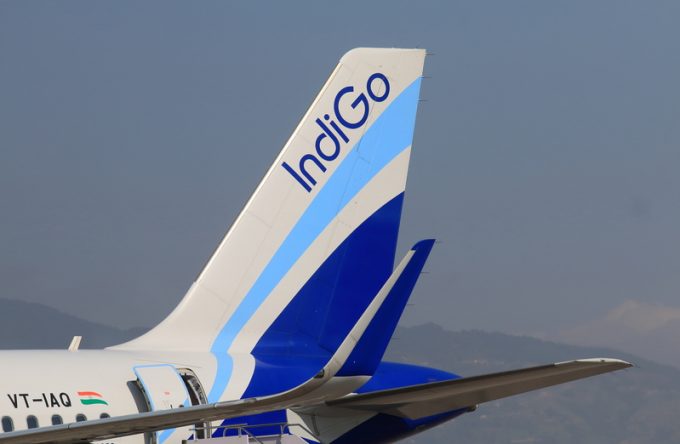New BIAL air cargo terminal a boost for India's perishables trade
UK ground handler Menzies Aviation has cemented its airfreight logistics operations in India with a ...

As forwarders warn of capacity constraints amid India’s second, and worsening, Covid crisis, low-cost carrier IndiGo is the latest airline to enter the freighter market.
IndiGo said last week it had signed a letter of intent for two A321 passenger-to-freighter conversions and is in the process of sourcing two more.
It already operates a fleet of more than 280 aircraft, mostly A320s and A321 neos.
The first freighter is due for delivery in the first half of 2022, and will be used on ...
Transpacific sees first major MSC blanks as rates fall and volumes falter
'It’s healthy competition' Maersk tells forwarders bidding for same business
Opposition builds for final hearing on US plan to tax Chinese box ship calls
White House confirms automotive tariffs – 'a disaster for the industry'
New price hikes may slow ocean spot rate slide – but for how long?
Supply chain delays expected after earthquake hits Myanmar
Shippers snap up airfreight capacity to US ahead of tariff deadline
Good start for Gemini, liner schedule reliability data reveals

Comment on this article